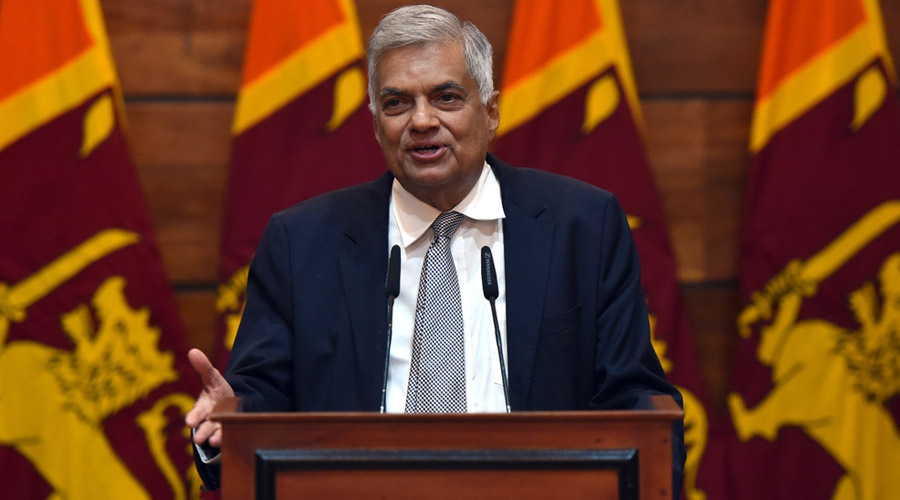
Human Rights Watch’s (HRW’s) 2024 World Report raises alarm over Sri Lanka’s continued repressive policies and details how its economic policies have hit poorest the hardest.
As Meenakshi Ganguly, deputy Asia director at HRW, stated:
“The current administration is responding with policies that weigh heaviest on those who have the least, while suppressing voices that are essential for accountable, democratic decision-making.”
The report comes as the US’s ambassador for Sri Lanka, Julie Chung, has met with Sri Lanka minister for justice and praised the country’s response to the economic crisis.
HRW’s report notes that Tamil families of the disappeared and human rights defenders in the Tamil homeland continue to face government surveillance and intimidation. The report further notes that “government agencies pursued a policy of ‘land grabbing’ that targeted the property of Tamil and Muslim communities, including religious sites”.
Commenting on the Sri Lankan government’s economic response, the report highlights that:
“The government raised electricity tariffs, doubled value-added taxes, and phased out fuel subsidies. The reform program included a “social spending floor” set at 0.6 percent of GDP, less than half developing countries’ average. The government’s plan of targeted social protection benefits led to the exclusion of many who do not have an adequate standard of living. In an attempt to manage its domestic debts, the government reduced the value of state-run pension funds in which ordinary people hold their savings”.
The report also notes that over “17 percent of the population are moderately or acutely food insecure and in need of humanitarian assistance, and 31 percent of children aged under 5 are malnourished, according to the United Nations”.
HRW also slams Sri Lanka’s president for ending a moratorium on the use of the widely condemned Prevention of Terrorism Act (PTA) and the proposed Anti-Terrorism Bill which seeks to replace the PTA. On this proposed legislation, HRW details that, it “would grant authorities sweeping powers and create new speech-related offenses”.
The human rights organisation also criticised the proposed Online Safety Bill which would “further restrict speech by creating a commission, appointed by the president, that could decide whether online statements were false or prohibited, order their removal, and participate in police investigations and prosecutions”.
Read more here.
We need your support
Sri Lanka is one of the most dangerous places in the world to be a journalist. Tamil journalists are particularly at threat, with at least 41 media workers known to have been killed by the Sri Lankan state or its paramilitaries during and after the armed conflict.
Despite the risks, our team on the ground remain committed to providing detailed and accurate reporting of developments in the Tamil homeland, across the island and around the world, as well as providing expert analysis and insight from the Tamil point of view
We need your support in keeping our journalism going. Support our work today.
For more ways to donate visit https://donate.tamilguardian.com.

